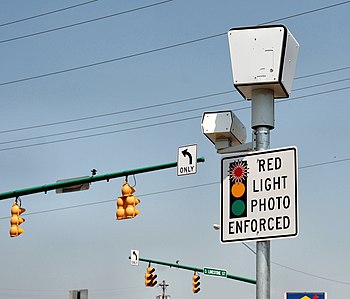Jacksonville, Florida’s politicians have, once again, arrived at an impasse on the matter of how to regulate “ride-sharing” services UberX and Lyft (Christopher Hong, “UberX, Lyft remain in limbo as City Council looks to state for new regulations,” Florida Times-Union, May 17). Instead of asking the state’s legislature to bail out its regulatory regime, perhaps the city council should exchange the “how” for a “whether,” and answer “no.”
The best way to handle regulation of UberX and Lyft is to repeal all regulations pertaining to taxi and limousine services in Jacksonville (and, of course, in other locales as well).
If that sounds radical, it is. But “radical” is not the same thing as “extreme.” Rather, it refers to addressing matters at their roots. So let’s do that.
Taxi regulation is not, and never has been, about protecting customers. It is, and always has been, about protecting established businesses from competition.
In Jacksonville’s case, the purpose of the city’s medallion system is to keep prices high for the benefit of Jacksonville Transportation Group (owners of Gator City Taxi, Yellow Cab and Express Shuttle) by limiting cab numbers, making entry into the market very expensive, and thus ensuring that JTG operates without significant competition.
When JTG and its political allies spout off about “protecting the customer,” they’re just laying down a line of bull to cover up their real agenda: Maintenance of JTG’s de facto monopoly at the EXPENSE of the customer. This is equally true of similar medallion and regulation regimes in cities across America.
Instead of fighting this monopoly scheme, UberX and Lyft are — in Jacksonville, anyway — ignoring it. Which does get to the bottom of the matter, doesn’t it?
Of course, this upsets the local politicians, who are used to being obeyed. It also upsets JTG, which has become accustomed to making money through control of politicians instead of through open competition to provide the best service at the best price.
But it doesn’t upset the customers — citizens of Jacksonville who, thanks to UberX and Lyft, can now get a ride when they need one, instead of when JTG gets around to providing one, at a price set by the competitive market rather than by JTG’s political machinations.
Jacksonville’s council faces a simple choice. It can remain aligned with JTG by shoring up its monopoly, or it can align itself with the voters, the customers, the people, whom it claims to serve.
If it wants to do the latter, it will resolve that the city shall repeal, and henceforth lay no, restrictions on commercial ride services beyond those codified in state law. Which, in my opinion, UberX and Lyft, and their customers, should ignore as well.
Thomas L. Knapp is director and senior news analyst at the William Lloyd Garrison Center for Libertarian Advocacy Journalism (thegarrisoncenter.org). He lives and works in north central Florida.
AUDIO VERSION
PUBLICATION/CITATION HISTORY
- “Regulating Rides: Markets Are Better Than Politics,” by Thomas L. Knapp, Ventura County, California Citizens Journal, 05/22/15
- “Regulating rides: Markets are better than politics,” by Thomas L. Knapp, San Antonio, Texas Northeast Herald, 05/27/15



